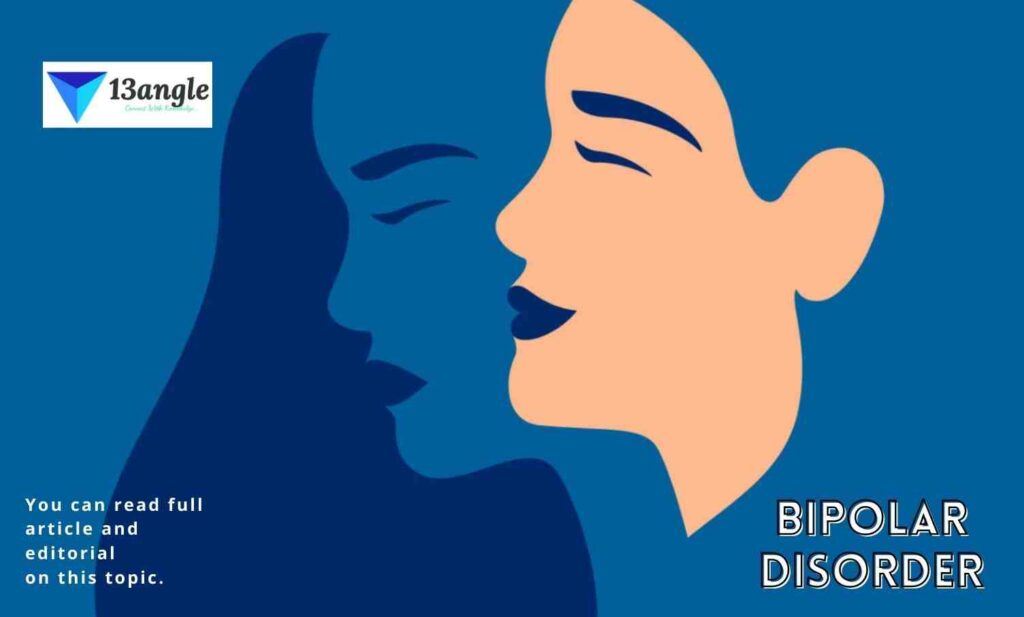Bipolar disorder is classified as a mood disorder under the DSM-5. Someone with a mood or affective disorder experiences extreme or inappropriate emotions. Bipolar disorder involves depression along with manic or hypomanic episodes. Very few people experience mania without depression. There are many misconceptions about how people suffering with bipolar disorder think. Do they think differently?
In normal mood swings the general population experiences, we may notice some changes in our thought patterns. During a low mood we may have more depressing thoughts, whereas during high and happy moods we may have more positive thoughts. Bipolar disorder is basically defined as having extreme mood swings, from a very heightened feeling of happiness to a very heightened feeling of sadness. Thought patterns change according to how those suffering with the disorder experience mood swings. During the time they are in a so-called “neutral” mood, they mostly think like everyone else. Thought patterns change on acting up of symptoms.
Some people suffering with bipolar disorder describe their thoughts as cyclic. At the start of an episode, they will think positively, with proper work ethic and rational thoughts. When they experience a low mood their thought patterns change to more depressing and self-deprecating thoughts. They may experience high levels of anxiety and miss deadlines. During a depressive episode, one may feel helpless, worthless, and experience feelings of hopelessness. This leads to an overall negative thinking. During a manic episode one may feel excited, increased energy levels, elevated mood, and racing positive thoughts.
To conclude, as bipolar disorder is a mood disorder, it does not involve periods of hallucinations, distorted or delusional thinking, etc. It tends to cause dramatic mood swings. Due to a change of moods, it causes a change in thinking patterns.
There is an exception in severe cases of bipolar disorder. Those who suffer from a very extreme and severe case of bipolar disorder may experience delusions and hallucinations. This may cause psychosis. This may impact thinking and cause memory loss.

For deep details, you can read the full article. Click the link below :





